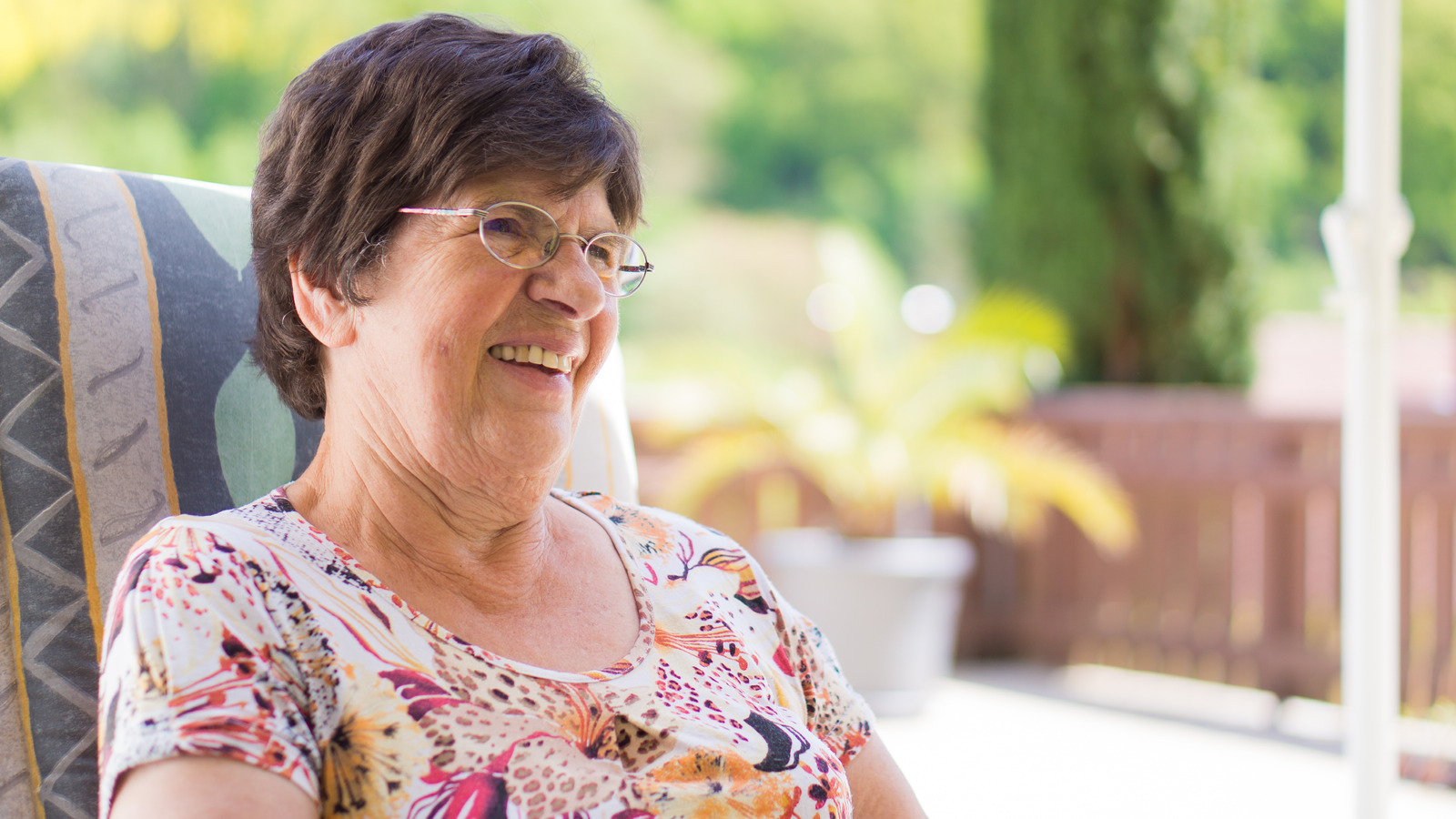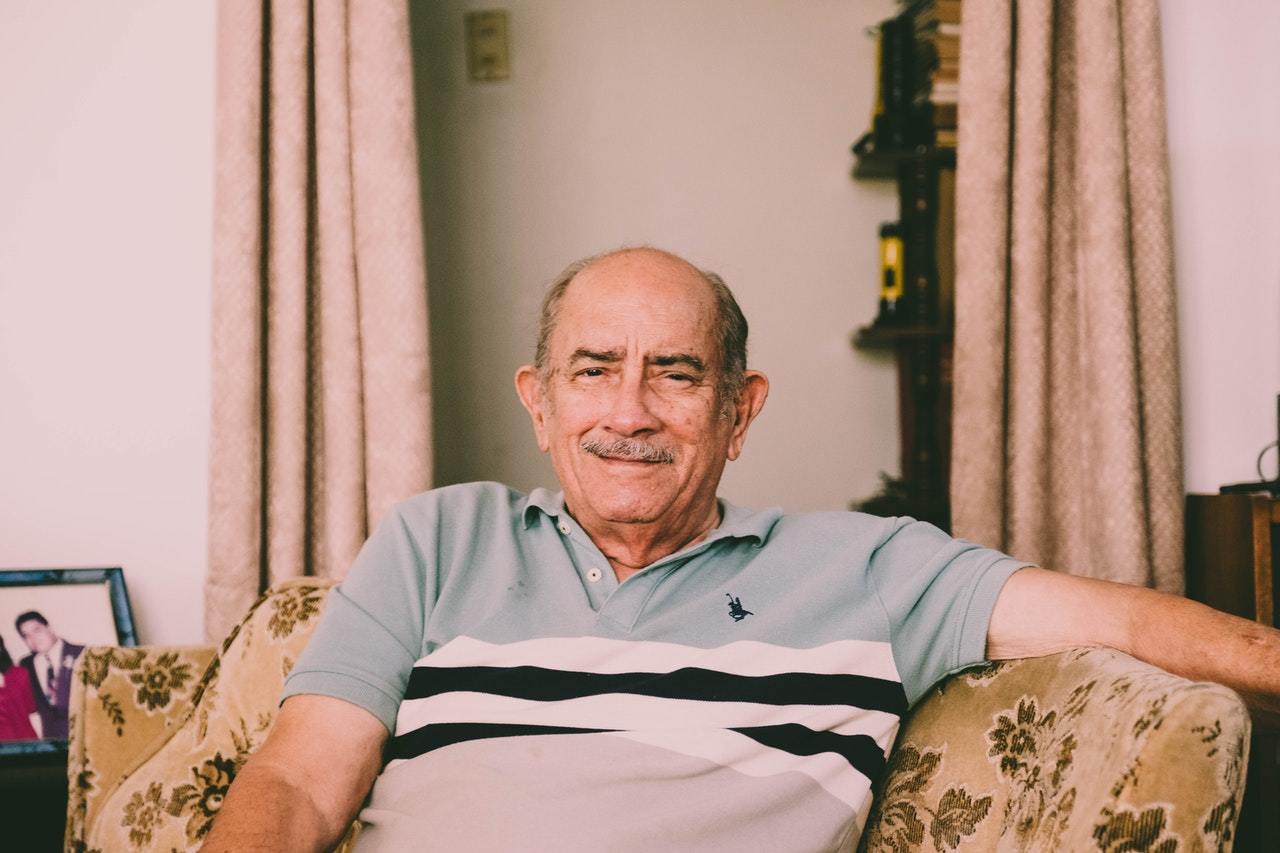Financial Assistance for Ageing and Disability Needs

How to help your ageing parents stay at home for longer
Many senior Australians decide to stay living at home as they get older, instead of moving into dedicated facilities such as retirement villages or residential aged care.
In Australia, 3 in 4 people aged 85 years or over live in private residences, whether it be at home alone, with extended family or a spouse. The benefits of staying at home can include comfort and familiarity, proximity to local services or amenities, as well a sense of independence and choice.
However, it can be challenging to ensure loved ones are keeping healthy and staying safe at home, especially if mobility is an issue or extra support is needed with day-to-day tasks. Here are six tips to help loved ones stay in their own home for longer.
1. Keep connected with friends, family and the community
If your loved one is living alone, they may be at risk of social isolation. Older people are at a higher risk of social isolation due to a decline in physical or mental ability, as well as living alone. Take the time to ensure they have regular visits from friends and family, head out on a leisurely walk or drive and grab a cup of coffee together.

However, it can be challenging to ensure loved ones are keeping healthy and staying safe at home, especially if mobility is an issue or extra support is needed with day-to-day tasks. Here are six tips to help loved ones stay in their own home for longer.
2. Invest in safety equipment or make modifications to the home
If your parent or elderly relative wants to stay living at home, you might be concerned about the risk of injuries or falls, especially if there are stairs or steps, unstable surfaces and slippery floors. Some modifications or safety equipment will not only make their environment safer, but give you some peace of mind. Handrails, ramps or other mobility equipment can make it easier for your loved one to move around their home.

Remove or repair any unsteady furniture, floorings or fixtures, and install safety switches or timers on gas and electric appliances. If there is a risk of fall or injury, a personal alarm can also provide peace of mind that help is not far away.
3. Ensure they're eating well

Nutrition and hygiene are important at all stages of life, but can decline in the elderly. If your elderly relative or parent is finding it difficult to cook for themselves, prepare some home-cooked, portioned meals for them to keep in the fridge or freezer, ready to reheat or serve at a moment’s notice.
You could also look into Meals on Wheels, or enlist the help of a personal care worker or occupational therapist to help your loved one cook their favourite meal in their own kitchen.
4. Help with hygiene, incontinence and personal care
Hygiene and personal care is also important, not only to reduce the risk of illness or skin irritation but to maintain a sense of positive self-esteem and dignity.

If incontinence is an issue, ensure they have a ready supply of comfortable, discreet incontinence aids. This can also encourage confidence in social settings, especially if your loved one is worried about accidents or leaks when they’re away from home.
Learn more about talking about incontinence with your loved one.
5. Keep up hobbies, interests and other activities

Encourage them to keep doing things that they love to do - even if these activities need to be modified to ensure safety or ease. Exercise helps to maintain cardio health, strength and flexibility, and has the added benefits of reducing stress and, if the activity is with others, can help to decrease feelings of social isolation.
Likewise, learning a new skill or completing crosswords, number games or other hobbies, such as sewing or crafts, can maintain fine motor skills and maintain - even improve - cognitive health.
6. Seek specialised support or financial assistance from the Australian Government
There is support available for those who wish to remain in their own home as they get older. The Australian Government has a variety of schemes and programmes that can support the needs of elderly people and people with disabilities, or provide funding towards specific items, such as continence aids or equipment.

These include:
- Commonwealth Home Support Programme: over 65 years of age
- Home Care Package: over 65 years, or otherwise ineligible for other support schemes
- National Disability Insurance Scheme: betwen 7 and 65 years of age
- Continence Aids Payment Scheme: 5 years or older, with permanent and severe incontinence
Read more about the differences between these schemes here.
Whether your relative is moving in with your family or staying in their own home, there are a variety of ways you can help, as well as Government-funded support services that can help to maintain safety and health as they age.
















